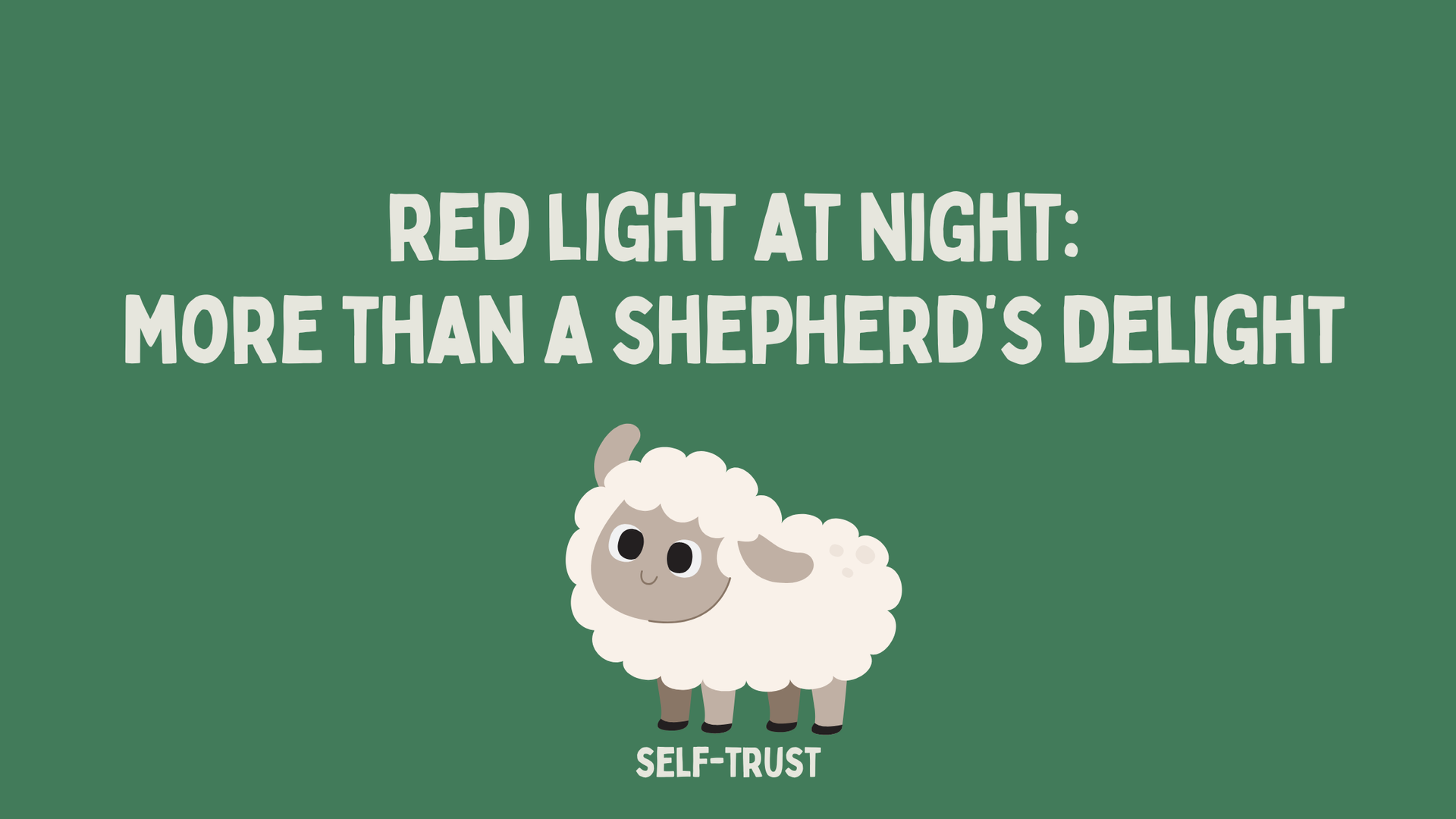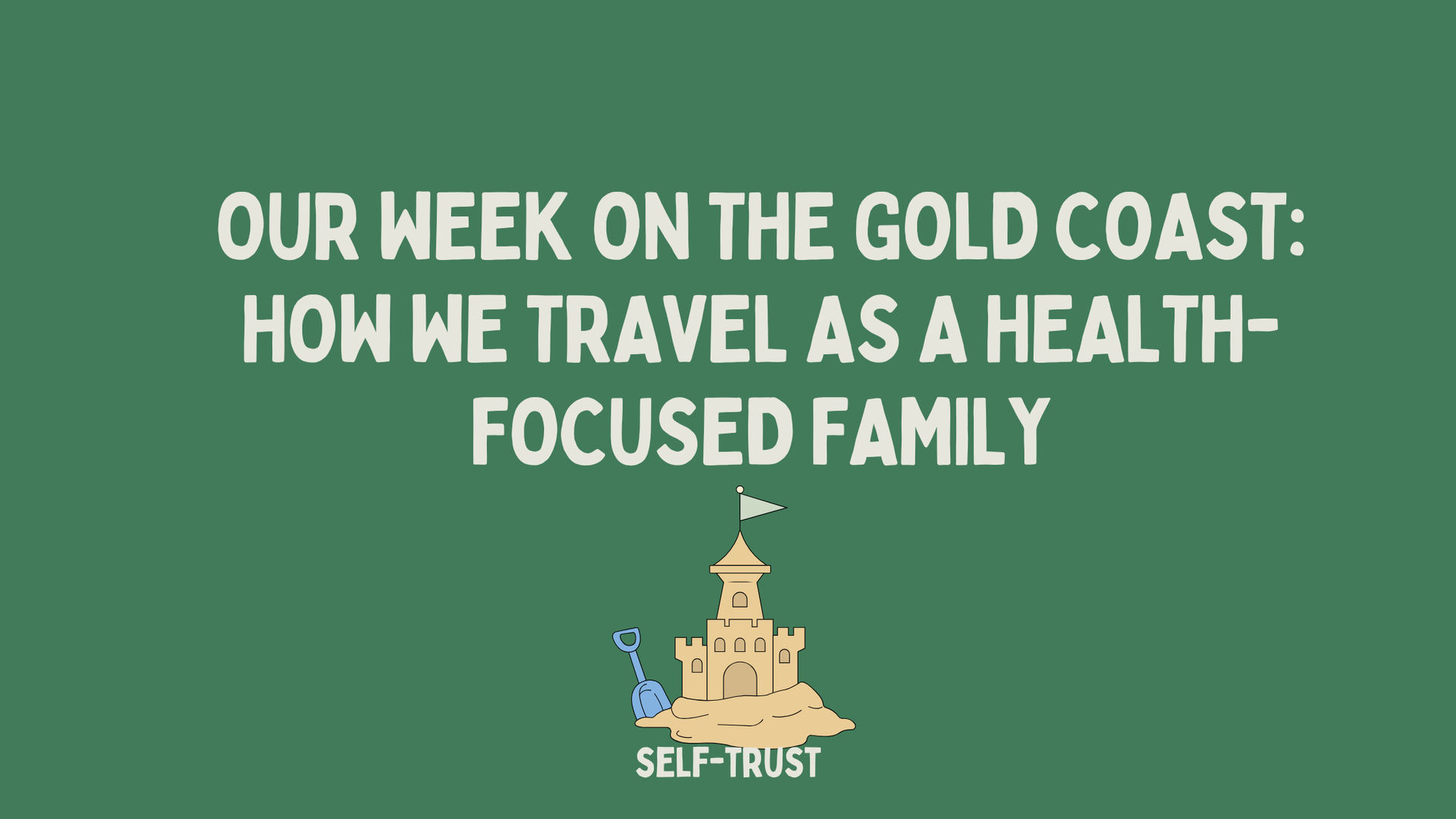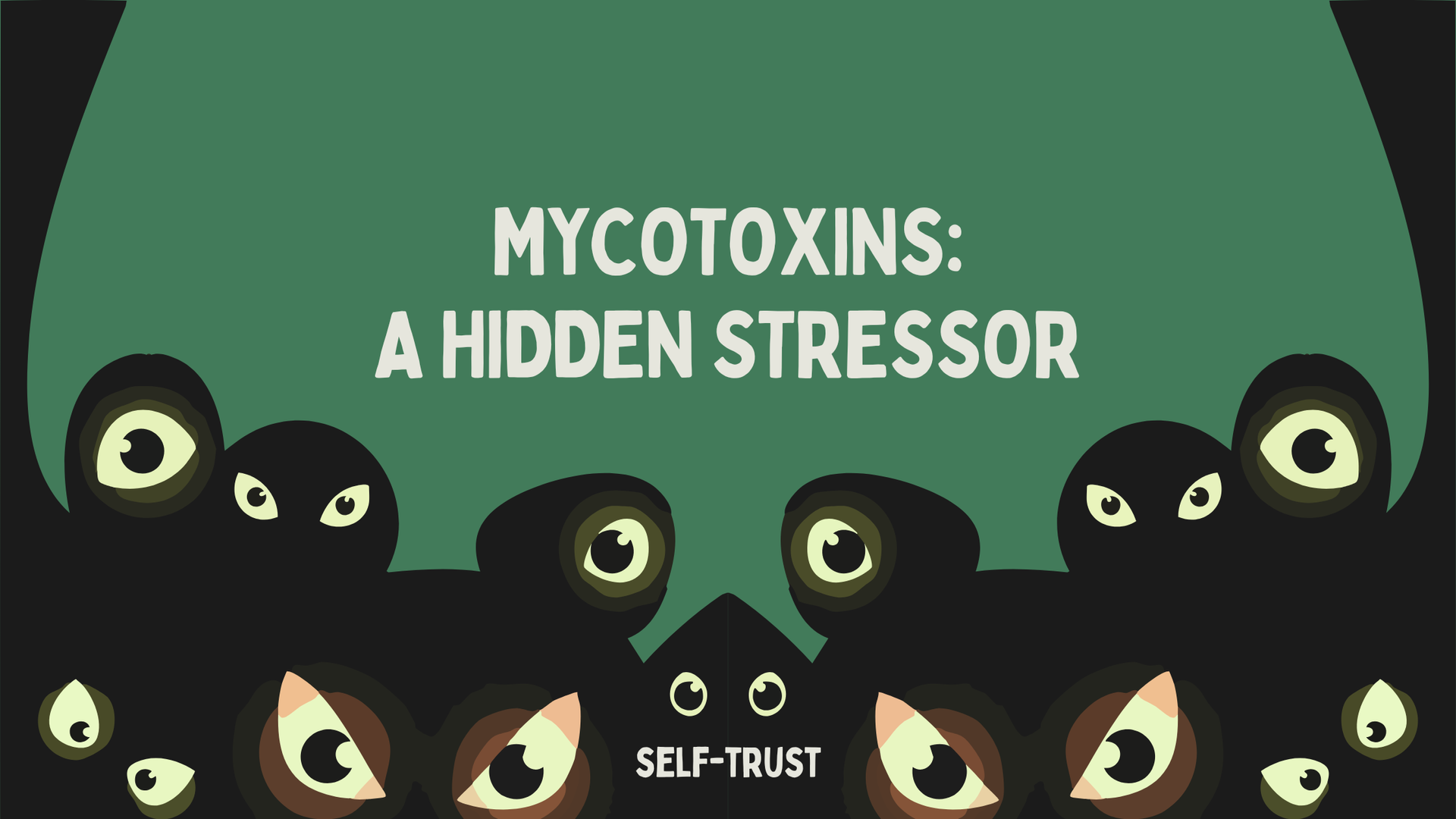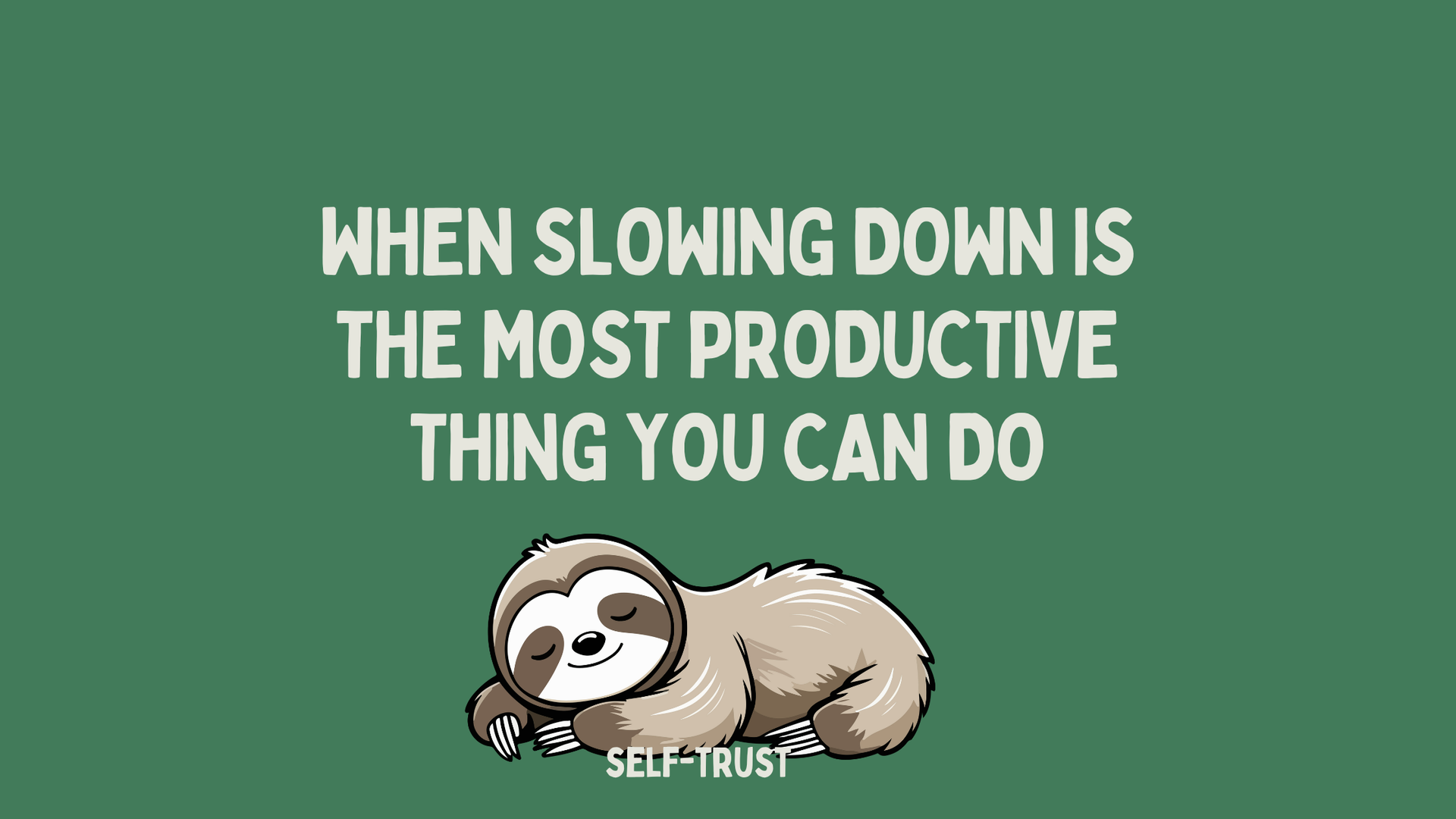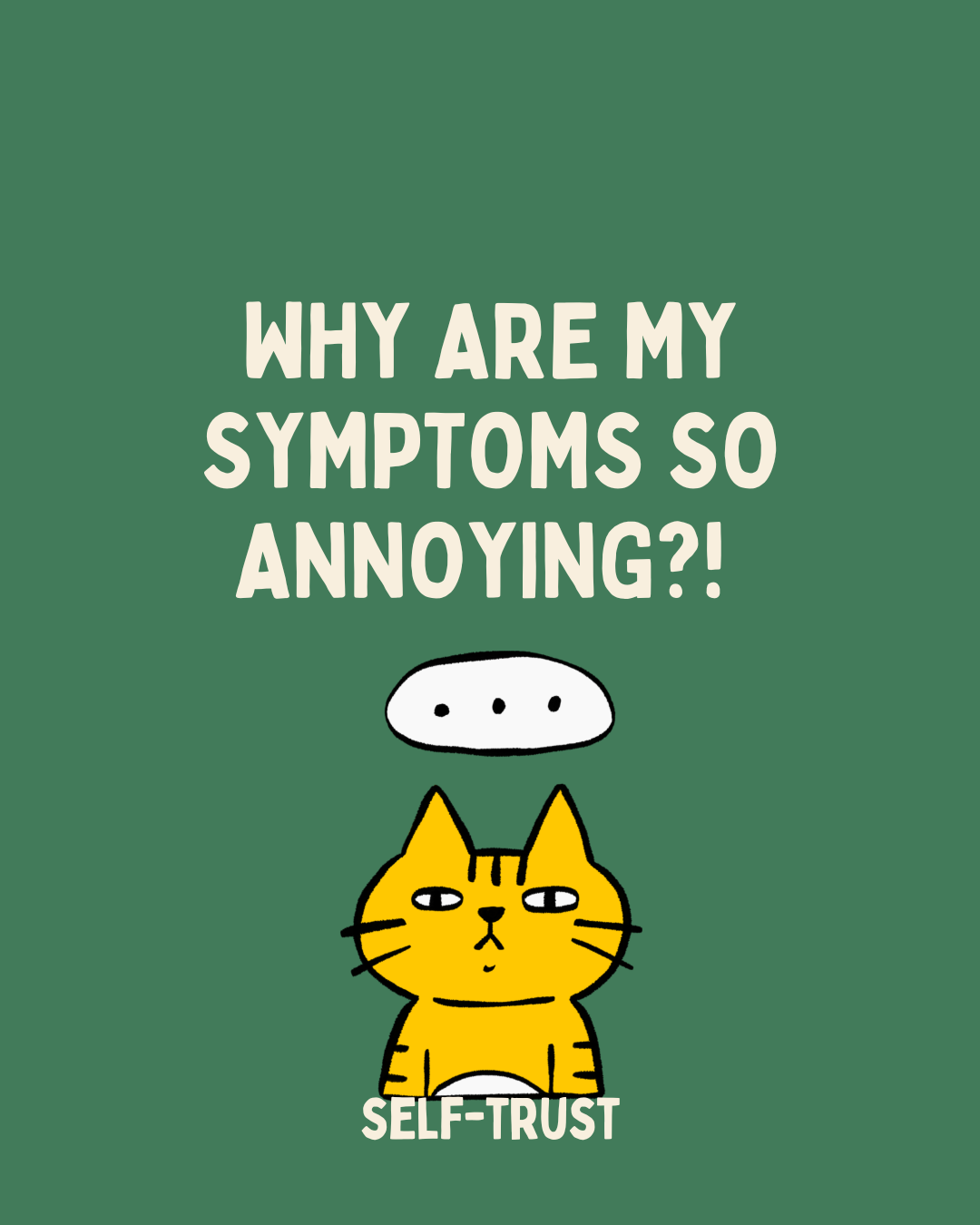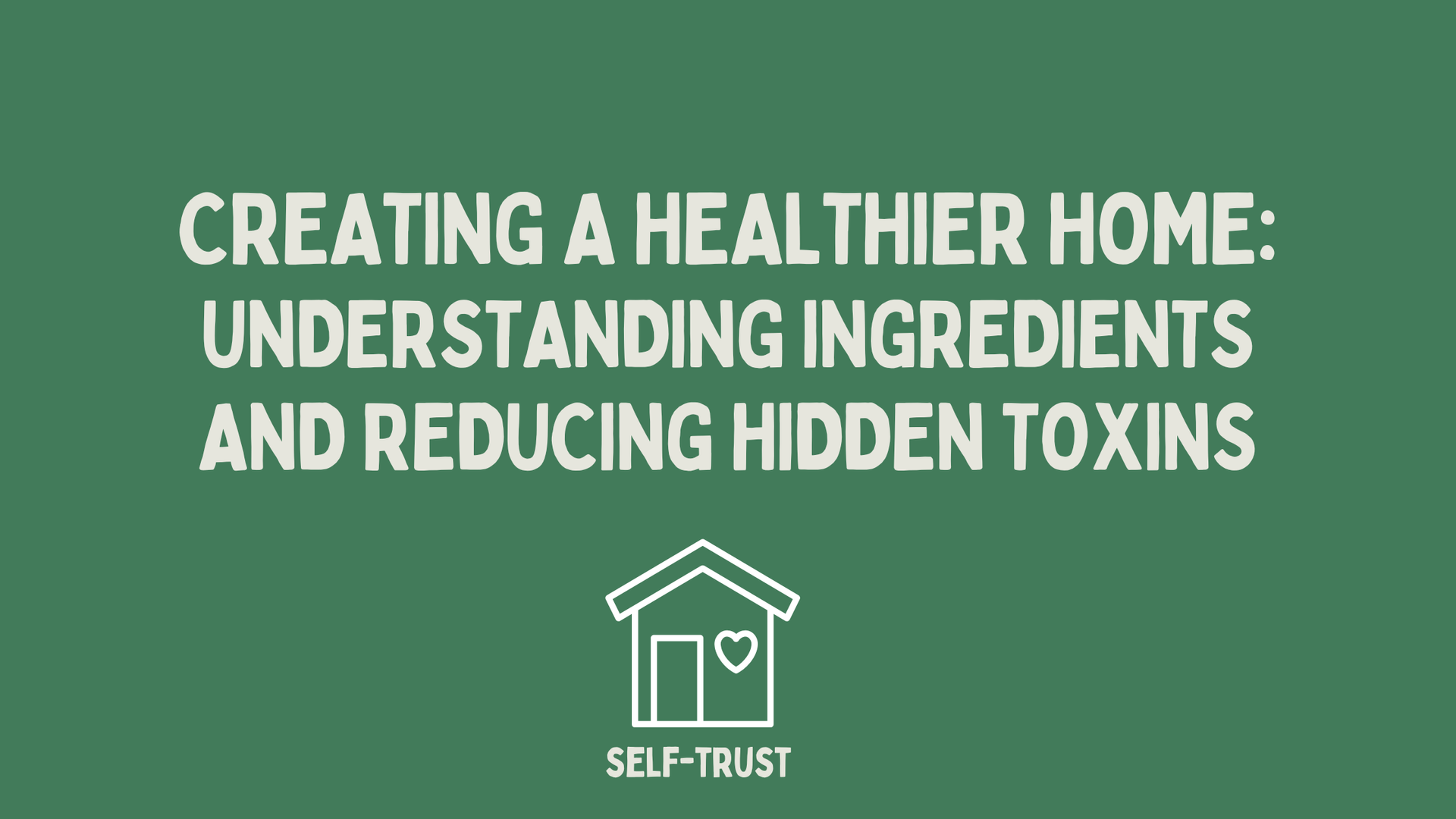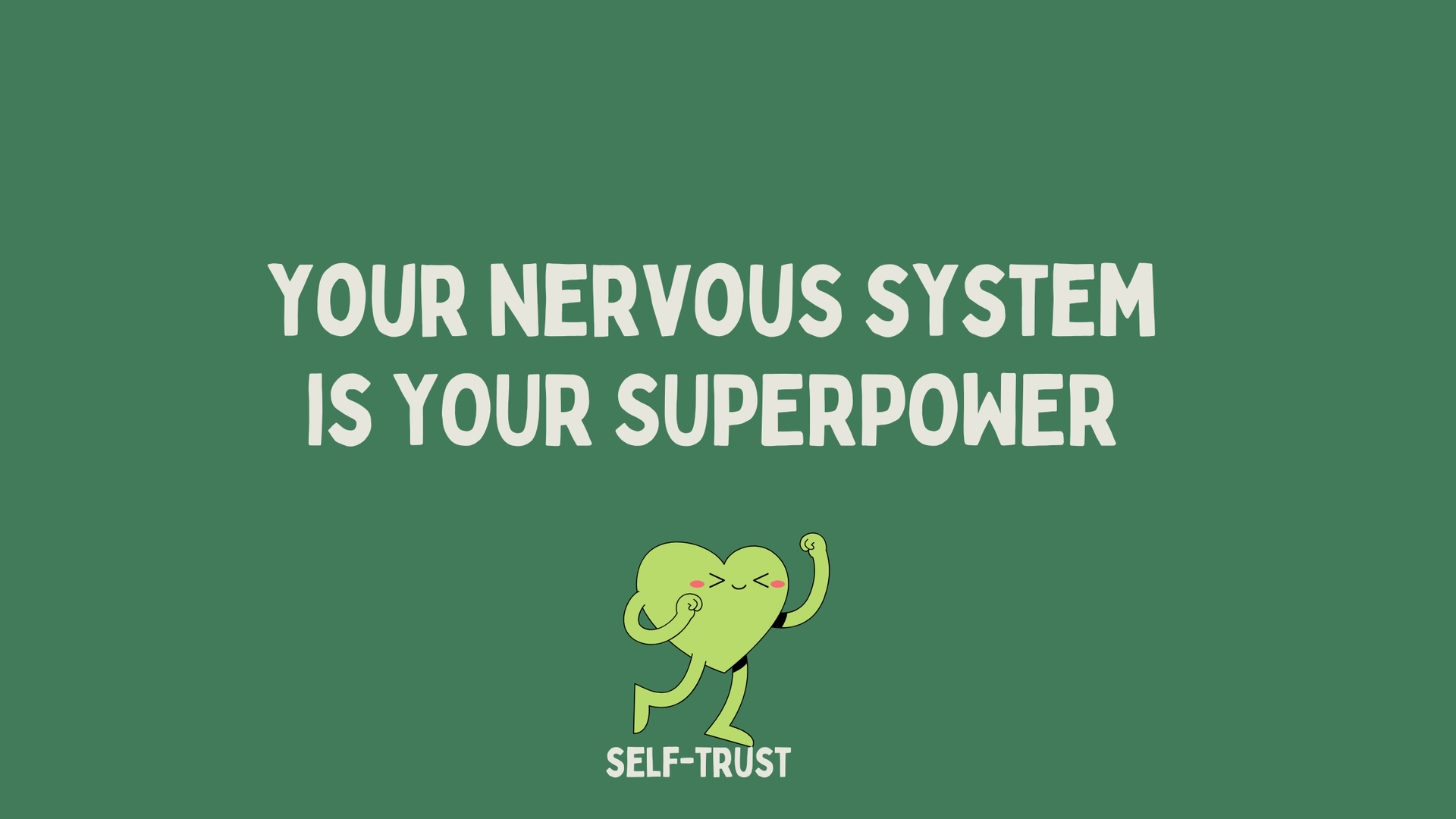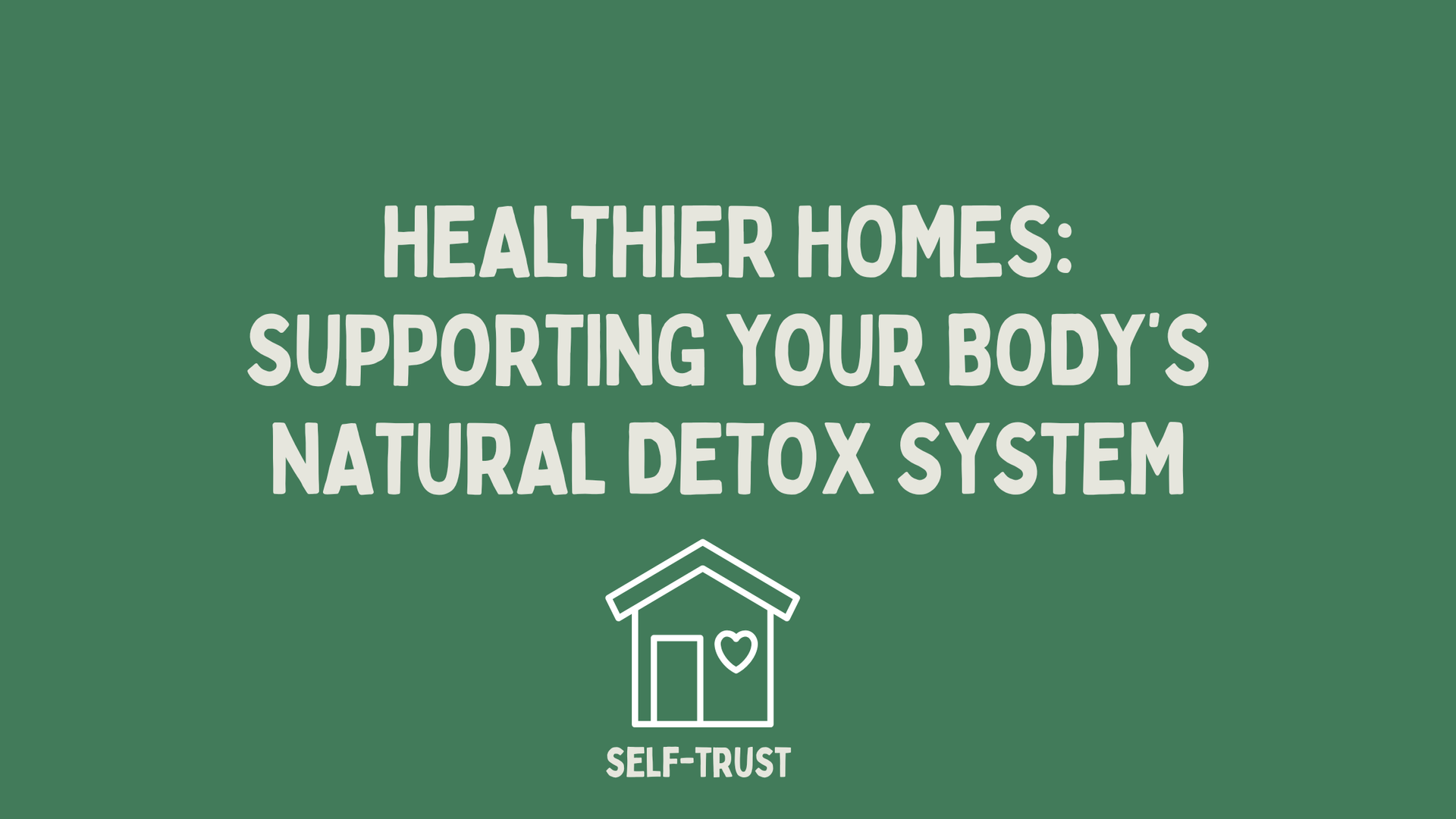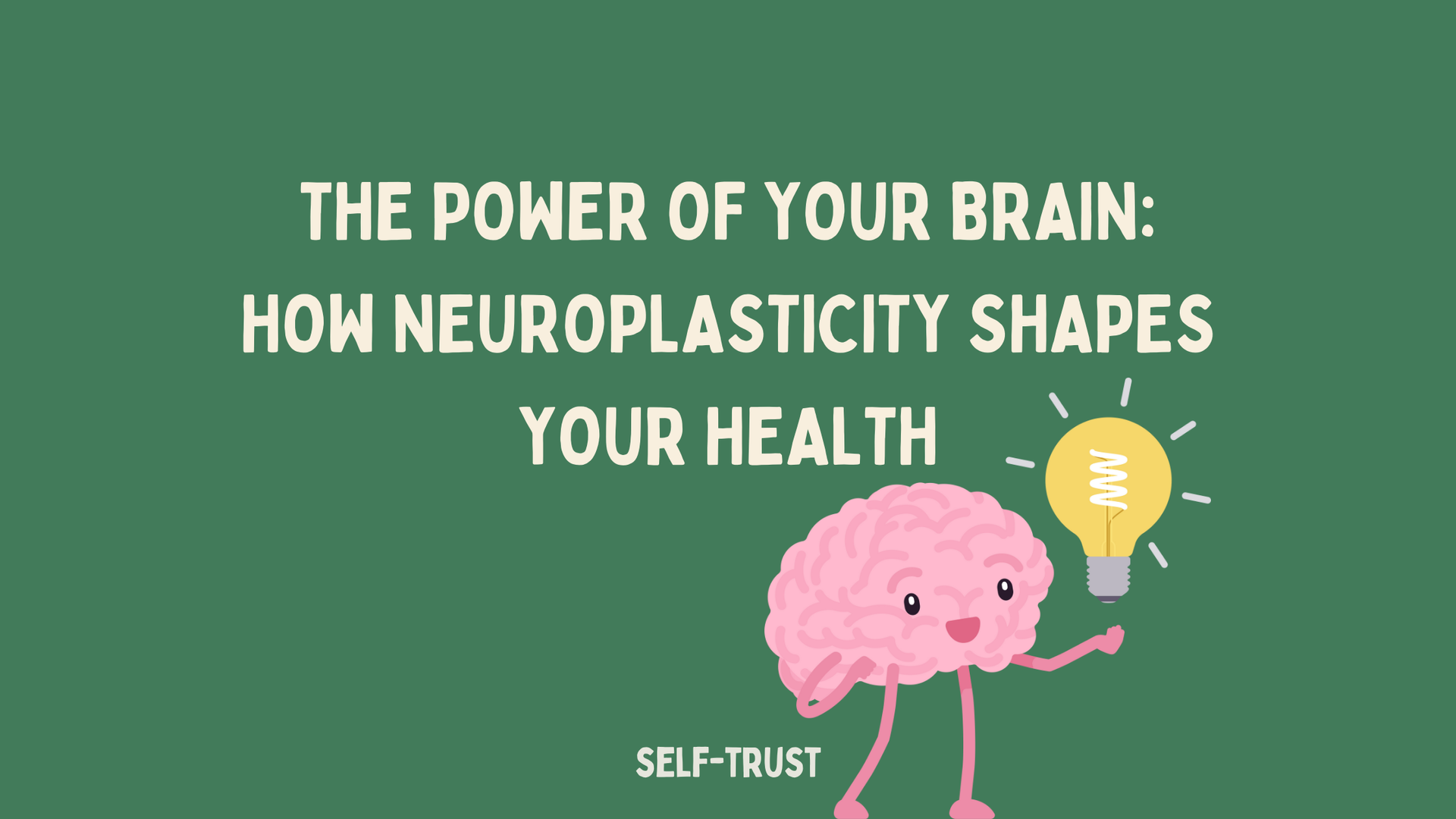Meet the Sutherland Family: The Heart Behind Self-Trust
A glimpse into the values, lifestyle, and intentions behind our holistic health practice.
Who We Are
We are the Sutherland family - a Kiwi family devoted to living in alignment with our values of freedom, joy, and holistic well-being. Self-Trust Association is not just our work - it's our way of life.
In 2022, we made the life-changing decision to homeschool our two children, which sparked a bigger re-evaluation of how we wanted to live, grow, and connect as a family. This decision planted the seed that eventually blossomed into Self-Trust - a space for health, healing, and coming home to your true self.
We Practice What We Preach
Self-Trust is built on real, lived experience. When we speak about eating well, moving your body, honouring your nervous system, and aligning with your values - it's because we live that way ourselves.
We're constantly exploring and refining how we care for ourselves. From natural remedies to nervous system regulation, we've walked the path, tested the tools, and continue to live the journey every day as a family.
Keeping It Simple
We believe the best health solutions are simple, sustainable, and true to you.
Wellness doesn't come from a pill or a quick fix - it's shaped by what you do most days:
- The food you eat
- The thoughts you think
- The joy and purpose you feel
- The love and support around you
- How you treat your body, mind, and spirit
We're not here to sell trends - we're here to help you come back to what matters.
Living in Alignment
We love what we do, and we love doing it together. As our family settles into a new chapter and grows alongside the Self-Trust community, we're excited to continue expanding our offerings in natural health and well-being.
Right now, we're keeping things simple - just like we recommend for all of you. We're focusing on connection, care, and clarity. We're grateful for every one of you who's been part of our journey so far, and we look forward to welcoming both new and familiar faces into our space.
Book an Appointment
We'd love to welcome you to Self-Trust.
You can book an appointment with John Sutherland here or give us a call.
We're so glad you're here.

